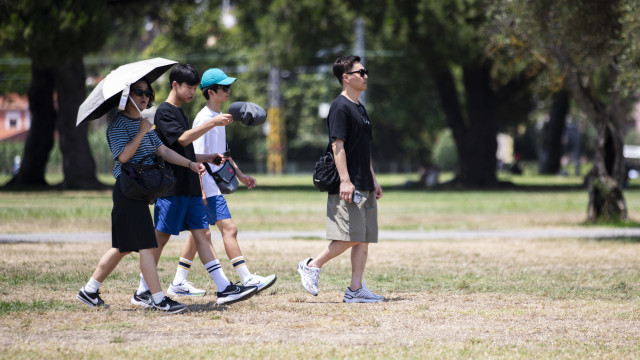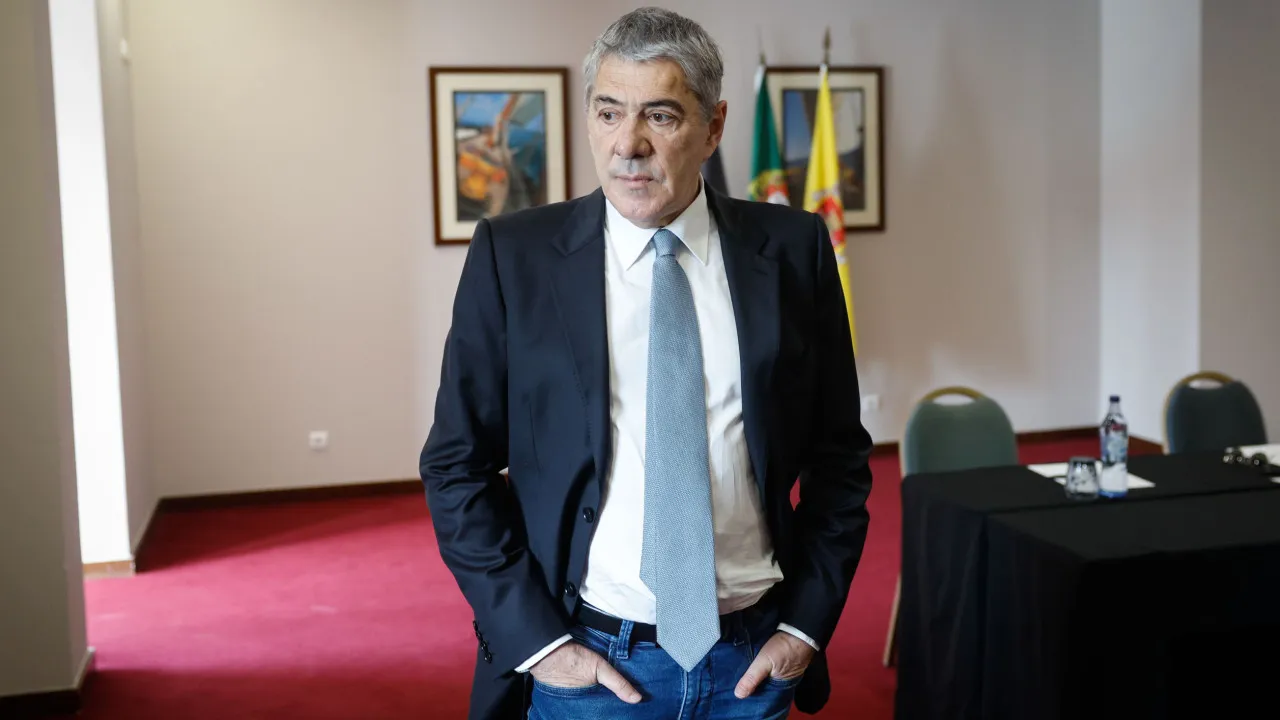
András Schiff, widely acclaimed as one of the leading pianists of the present day, voiced significant concerns to a New York newspaper on Wednesday regarding several United States presidential decisions. His apprehensions include policies on Ukraine, aspirations towards Greenland, Canada, and the Gaza Strip, mass deportations of immigrants, and support for far-right movements in Germany.
The celebrated performer of Bach, Mozart, Schubert, and Schumann characterized Donald Trump’s actions as “unbelievable bullying,” expressing his inability to agree with ongoing developments.
Born in 1953 into a Jewish family in Budapest that endured the Holocaust, Schiff remarked that Trump’s calls for mass deportations painfully remind him of the persecution of Jews in Nazi Germany and occupied countries during World War II.
As a result, Schiff has canceled his scheduled concerts in the United States for the spring of 2026 with the New York and Philadelphia Philharmonics, along with a recital tour this fall, which was to include several major U.S. venues such as Carnegie Hall in New York City.
The U.S. joins Russia and Hungary on Schiff’s list of countries where he refuses to perform due to authoritarian regimes.
In October, Schiff, a frequent performer in Portugal, inaugurated the Piano Cycle of the current music season at the Calouste Gulbenkian Foundation in Lisbon, shortly after accepting a “carte blanche” at the Sintra Festival.
The New York Times highlighted that Schiff is not the first musician to boycott the United States because of Trump. German violinist Christian Tetzlaff, renowned for his interpretations of Mozart and Bach, announced in February that he would also cease performances in the United States to protest Trump’s administration’s close ties with Russian President Vladimir Putin.
When Tetzlaff’s boycott was announced, a White House spokesperson downplayed the decision in comments to the New York-based paper, stating that “Trump puts America first.”
Schiff has long been a vocal critic of right-wing movements across Europe, condemning the erosion of Hungarian democracy since Viktor Orban’s initial days in office, opposing anti-immigrant and anti-Semitic rhetoric by Austrian ultra-conservative politicians, and denouncing Russia’s invasion of Ukraine.
Having stayed away from Hungary since 2010, Schiff revealed in a 2013 BBC interview that he faced violent threats in his homeland from far-right militants who promised to cut off his hands.
In his Wednesday interview with the New York Times, Schiff agreed with the end of the Ukraine war but expressed shock and alarm over Trump’s “truly unacceptable” methods and actions, particularly disturbed by attacks on Ukrainian President Volodymyr Zelensky during a February Oval Office meeting.
Schiff also voiced distress over immigration policies, stating, “The word deportation reminds me of something terrible. My family, my Jewish family, was deported—some to Auschwitz and others to different concentration camps.”
Faced with these circumstances, Schiff felt compelled to take a stand, acknowledging that his boycott might not have a substantial impact. “It may be a drop in the ocean. I don’t expect many musicians to follow suit,” he told the New York Times. “But it doesn’t matter. It’s for my own conscience. In History, you must react or not react,” he concluded.




